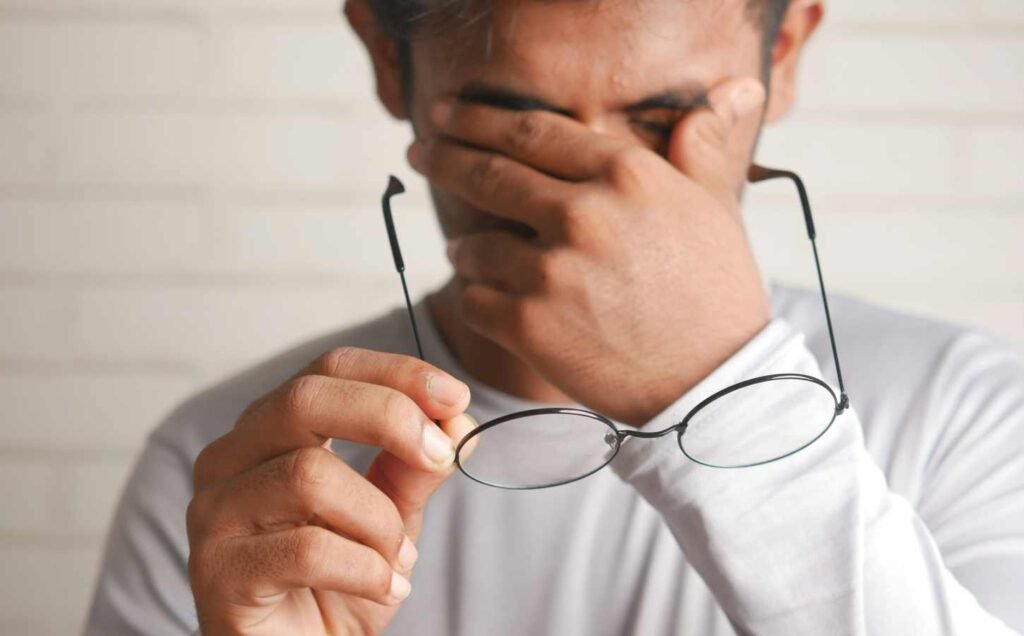Sleep latency refers to the amount of time it takes for an individual to fall asleep.
Sleep latency is a crucial aspect of sleep quality and can be affected by various factors such as stress, anxiety, and sleep disorders. A short sleep latency is often considered a sign of good sleep quality, while a long sleep latency can be an indication of underlying sleep problems.
Sleep latency is commonly measured using a technique called the Multiple Sleep Latency Test (MSLT). During this test, individuals are asked to take several short naps throughout the day, and the time it takes for them to fall asleep is recorded. A shorter sleep latency during the MSLT is associated with better sleep quality and overall health.
Sleep disorders such as insomnia, sleep apnea, and restless leg syndrome can significantly affect sleep latency. Individuals with these disorders often experience difficulties falling asleep, leading to longer sleep latencies and poor sleep quality. Treatment options for sleep disorders typically involve addressing the underlying cause and may include lifestyle changes, medication, or therapy.
Understanding Sleep Latency
Defining Sleep Latency and Its Importance
Sleep latency is the time it takes for an individual to fall asleep after they have gone to bed. It is an important measure of sleep quality and can be an indicator of various sleep disorders. Sleep onset latency is particularly relevant in the context of insomnia, where individuals have difficulty falling asleep.
Sleep latency is also important in the context of sleep apnea and narcolepsy. In sleep apnea, individuals may experience prolonged sleep latency due to the repeated awakenings caused by breathing difficulties. In narcolepsy, individuals may experience a shorter sleep latency due to the tendency to fall asleep suddenly and unexpectedly.
Factors Influencing Sleep Onset Latency
Several factors can influence sleep onset latency. These include environmental factors such as noise and light levels, as well as individual factors such as age, sex, and medical conditions. Stress and anxiety can also contribute to prolonged sleep onset latency.
Measuring Sleep Latency: MSLT and Sleep Diary
Sleep latency can be measured using various methods. The Multiple Sleep Latency Test (MSLT) is a commonly used diagnostic tool for narcolepsy and involves measuring the time it takes for an individual to fall asleep during daytime naps. A sleep diary is another tool used to measure sleep latency, where individuals record the time they go to bed and the time it takes them to fall asleep.
Other methods of measuring sleep latency include polysomnography, which involves monitoring brain waves, eye movements, and muscle activity during sleep, as well as actigraphy, which uses a wrist-worn device to monitor movement and sleep patterns.
It is important to measure sleep latency accurately as it can provide valuable information about an individual’s sleep quality and help diagnose sleep disorders.
Overall, understanding sleep latency is crucial in maintaining good sleep hygiene and identifying sleep disorders. By measuring sleep latency accurately and identifying factors that influence it, individuals can take steps to improve their sleep quality and overall health.
Addressing Sleep Latency Issues
Sleep latency refers to the amount of time it takes for a person to fall asleep. While it is normal for some individuals to take longer to fall asleep than others, consistently experiencing difficulties falling asleep can lead to a variety of health issues. This section will explore common sleep disorders related to sleep latency, lifestyle factors that can impact sleep latency, and medical interventions and therapies that can help address sleep latency issues.
Common Sleep Disorders Related to Sleep Latency
Several sleep disorders can contribute to difficulties falling asleep. Insomnia, for example, is a common sleep disorder that can cause individuals to have trouble falling asleep or staying asleep. Narcolepsy, on the other hand, is a neurological disorder that can cause excessive daytime sleepiness and sudden sleep attacks. Hypersomnia and idiopathic hypersomnia are also sleep disorders that can cause excessive daytime sleepiness and difficulty waking up in the morning.
Lifestyle Factors and Their Impact on Sleep Latency
Several lifestyle factors can impact sleep latency. Caffeine, for example, is a stimulant that can interfere with sleep by increasing alertness and delaying the onset of sleep. Medications, such as those used to treat depression or anxiety, can also impact sleep latency. Poor sleep quality, sleep deprivation, and sleep fragmentation can also contribute to difficulties falling asleep and staying asleep.
Medical Interventions and Therapies
Several medical interventions and therapies can help address sleep latency issues. Melatonin supplements, for example, can help regulate sleep-wake cycles and improve sleep quality. Alertness-promoting medications, such as modafinil, can help individuals with excessive daytime sleepiness stay awake during the day. Continuous positive airway pressure (CPAP) therapy can be used to treat obstructive sleep apnea, a sleep disorder that can cause difficulties falling asleep and staying asleep. Sleep testing can also help identify underlying medical issues that may be contributing to sleep latency.
In conclusion, addressing sleep latency issues requires a multifaceted approach that takes into account both medical and lifestyle factors. By identifying and addressing underlying sleep disorders, making lifestyle changes that promote healthy sleep habits, and utilizing medical interventions and therapies, individuals can improve their sleep latency and overall sleep quality.

Excessive Daytime Sleepiness: Causes and Treatment Options

Excessive daytime sleepiness (EDS) is characterized by an overwhelming feeling of drowsiness during the day, which can result in difficulty staying awake and alert.
If left untreated, excessive daytime sleepiness can have serious consequences, including an increased risk of accidents and injuries.
Continue reading: Excessive Daytime Sleepiness
MaryRuth Organics Sleep Gummies Without Melatonin Review: Do They Work?

These gummies are designed to promote relaxation and support sleep quality for adults. Unlike many other sleep aids, they don’t contain melatonin, so you won’t wake up feeling groggy or drowsy.
Continue reading: MaryRuth Organics Sleep Gummies Without Melatonin



